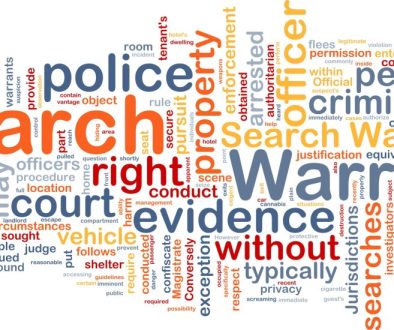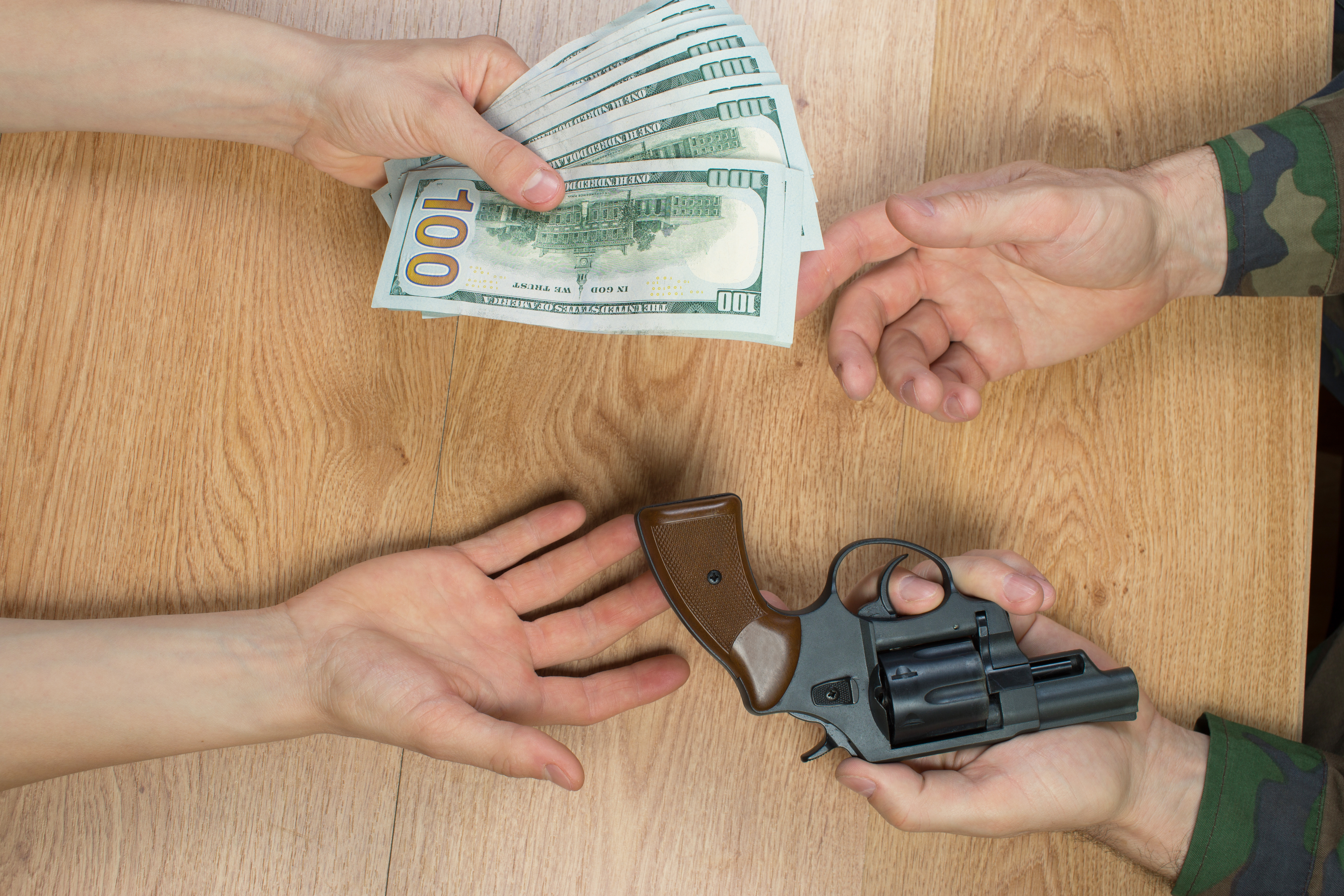Right To Purchase a Firearm vs. Permit Carry In Pennsylvania
People often confuse the right to purchase a firearm in Pennsylvania with the right to carry a firearm in Pennsylvania. This is an important distinction because the illegal possession of a gun or firearm in the Commonwealth is, potentially, a felony crime but in some cases is classified as a misdemeanor offense. Pennsylvania, unlike New Jersey, is not overly restrictive when it comes to gun ownership but there are still certain requirements to buy a firearm,, gun or handgun in the Commonwealth.
Who can’t purchase or possess a gun or firearm in Pennsylvania?
In Pennsylvania you are not allowed to own a firearm if you fall into any of the following categories:
- Convicted of a crime of violence (enumerated felony offense)
- Are a fugitive from justice
- Convicted of a controlled substance offense punishable by more than a 2 year sentence (misdemeanor of the 1st degree)
- Have been adjudicated mentally incompetent or involuntarily committed to a mental institution
- Are an illegal alien
- Are subject to a protection from abuse (PFA)
- In addition, if you are convicted of drunk driving (DUI) at least 3 times in a 5 year period you cannot own a firearm.
Any person who falls in the above categories and possesses a firearm in Pennsylvania, violates section 6105 (Title 18 of Pennsylvania’s Uniform Firearms Act), and will, in most situations, commit a felony of the 2nd degree offense and a misdemeanor offense if the illegal possession is the result of an active Protection From Abuse Order (PFA.)
Who can receive a permit to carry in Pennsylvania?
While section 6105 governs the illegal possession of a firearm because of a person’s status, Section 6106 pertains to carrying a firearm within the Commonwealth without a license (permit to carry). In Pennsylvania, anyone who is over the age of 21 may apply for a license to carry through a completed application. Following the application, the sheriff’s office or police department (Philadelphia). Under Section 6109 a sheriff or police department may deny a person’s right to carry if there is a “reason to believe that the character and reputation of the individual is such that they would likely act in a matter that is dangerous to public safety”.
It’s important to keep in mind that there is a background check and also an assessment of the person’s good character, which would include an arrest which did not result in a conviction. The license is good for 5 years unless it is sooner revoked for some reason.
Traveling to Other States With Your Pennsylvania Gun
If you’re traveling to a different state, Pennsylvania may have reciprocity with that state regarding a license to carry a firearm. It is very important not to assume reciprocity but to check with the state regarding status. Further, if you are traveling to a state like New Jersey, always travel with the gun unloaded and in a secure lock box with the ammunition separate. Read my article on traveling to New Jersey with a firearm for more information.
Sportsman’s Firearm’s Permit
Finally, there is some confusion regarding a permit to carry vs. a sportsman’s firearm permit. A person who is 18 years of age or older and is licensed to hunt, trap, or fish, may apply for a sportsman firearms permit. This permit, like a license to carry, is good for 5 years and is good for any “legal firearm” when carried in conjunction with a valid hunting or fishing license. This permit allows a person to carry a firearm when actually hunting or fishing. A sportsman’s firearm permit isn’t a license to carry a concealed weapon.
Medical Marijuana & Your Gun Rights
Recently, I wrote an article regarding medical marijuana and gun rights. Initially Pennsylvania was providing the names of medical marijuana patients to law enforcement agencies. These agencies were using these names, coupled with federal law, to deny a person the right to purchase a firearm in the Commonwealth. This was because the federal government still classifies marijuana as a Schedule I substance and this status prohibits a person from consuming such a substance and possessing a firearm. Even though federal law remains the same, Pennsylvania will no longer provide the names in this database.
For more information on gun crimes and statutes pertaining to regulation of firearms please contact our office or keep reading this blog.



